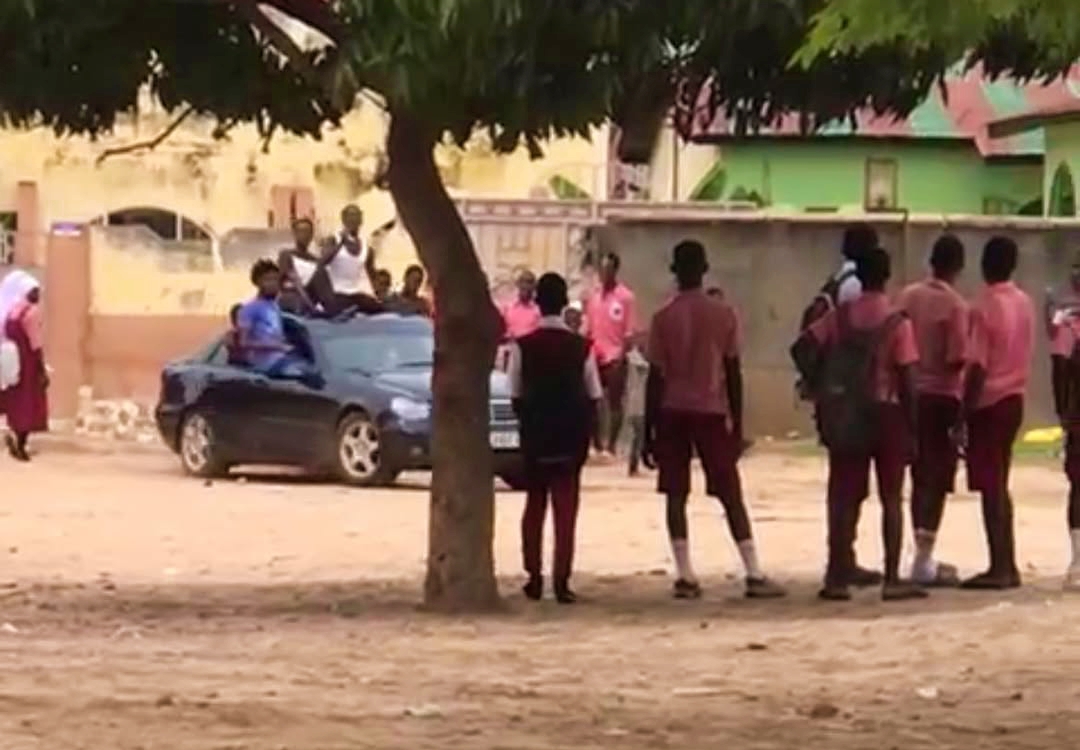Gambiaj.com – (BANJUL, The Gambia) – By any measure, the Abuko School car drifting case is a textbook example of how poor prosecutorial preparation can derail justice before it even begins. A student lies seriously injured—“bleeding too much,” according to the police themselves—after being struck in what has been described as a reckless car drifting incident.
Yet, as of the most recent court hearing on Thursday, the police prosecution has failed to provide the most elementary piece of evidence: the victim’s medical certificate.
That omission, far from being a minor procedural hiccup, is a glaring and inexcusable blunder.
Let us be clear: when a criminal charge hinges on bodily harm, the medical certificate is not a luxury—it is the spine of the case. It details the extent of the injuries, corroborates the victim’s suffering, and anchors the prosecution’s narrative.
Its absence deprives the court of a critical lens through which to assess the gravity of the accused’s alleged actions.
Magistrate Dibba on Thursday rightly warned the prosecution that the case will be dismissed if they continue to appear before the court empty-handed. Her frustration is not only understandable—it is necessary.
The prosecution’s claim that the victim’s critical condition delayed access to the medical report is legally and logically flawed.
In The Gambia, and indeed in any functioning justice system, a request made by the police to a hospital for a medical certificate is standard practice and routinely granted. It does not require the victim’s direct involvement or personal presence. It only requires initiative and diligence.
The court does not function in sympathy for either side but on the basis of evidence. If the prosecution cannot present basic documentation to support a charge, they effectively handicap the judiciary, leaving it no choice but to act on procedural grounds—not on the merits of the case.
In this instance, that would mean the suspect walks free—not because they are innocent, but because the police failed to do their job.
One must ask: why was the case brought to court without completed investigations? This is not a procedural formality—it is a foundational principle of prosecutorial integrity.
Bringing half-baked cases into the courtroom wastes judicial time, undermines public confidence in the legal system, and, worst of all, deepens the trauma of victims who may never see justice served.
The prosecution’s missteps—amateurish at best, negligent at worst—threaten to turn this case into yet another example of systemic failure where accountability is lost to sloppiness.
The victim in this case deserves more than delayed justice; they deserve a prosecution that is serious, prepared, and committed to presenting a solid case.
The magistrate has granted one final lifeline. The prosecution must now redeem itself by securing and presenting the necessary medical report and outlining the facts with clarity and purpose.
Failure to do so will not only dishonor the suffering of the victim but also send a dangerous message—that even in open-and-shut cases of harm, the state can fumble justice through basic procedural carelessness.
And that would be an indictment far greater than the one currently on trial.










